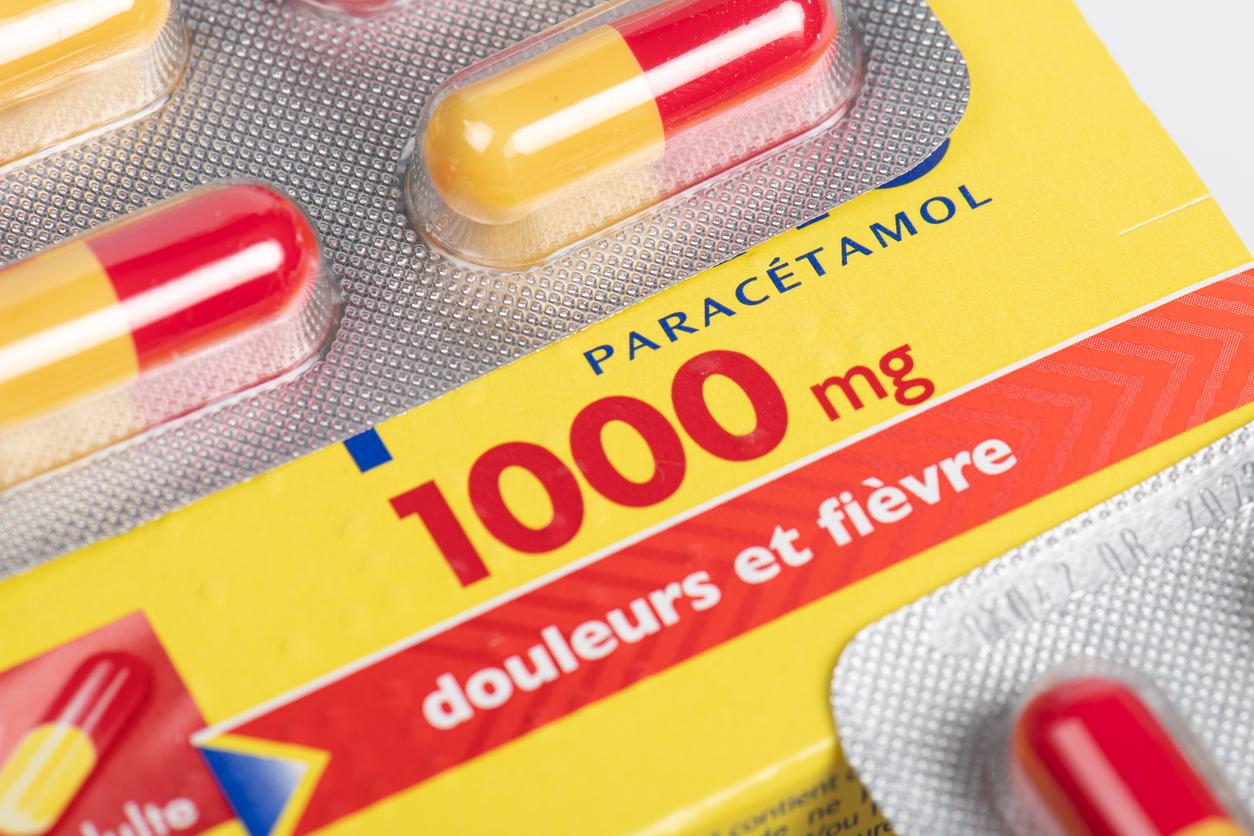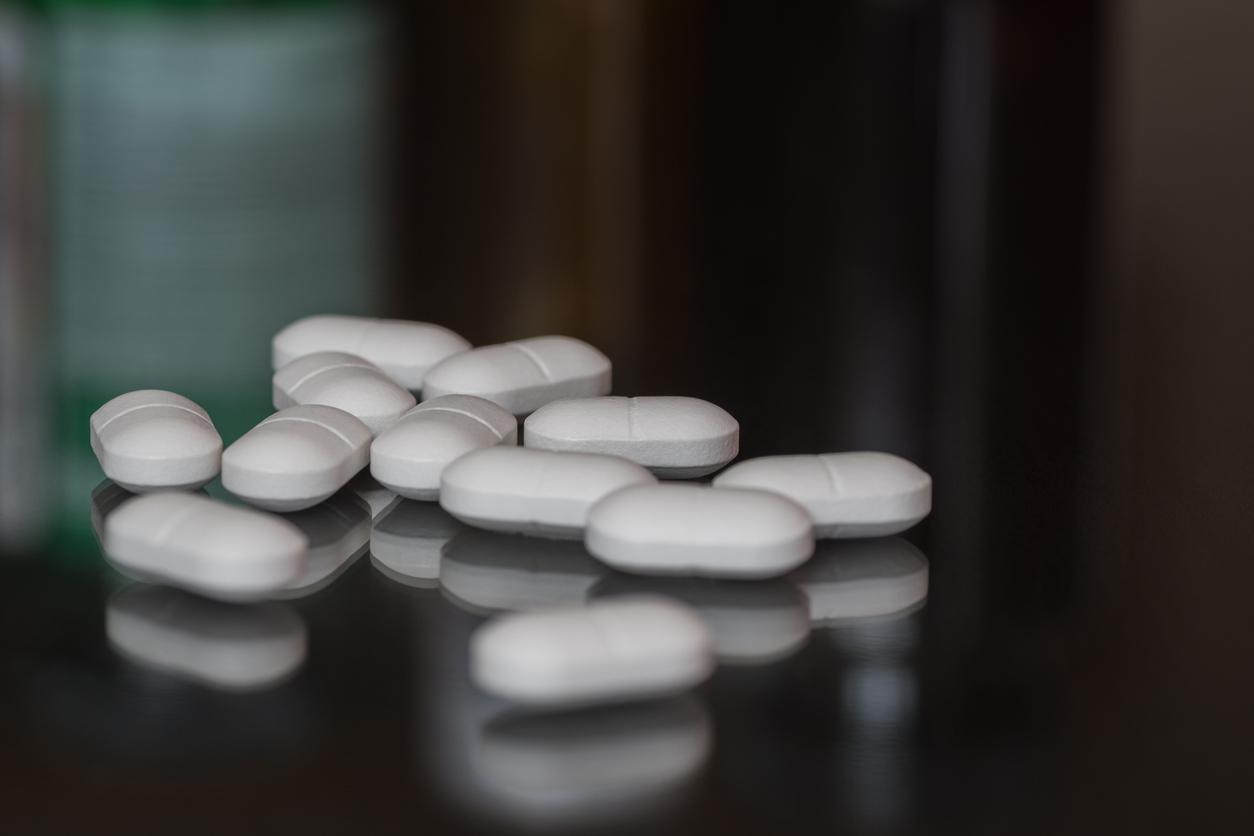A new painkiller nanomedicine has been developed by French researchers to prevent addiction to opioids.

As opioid addictions take their toll, French researchers have developed a new class of nanomedicines capable of combating pain without the risk of addiction.
Nanomedicines are 50,000 times smaller than the thickness of a hair, and are capable of transporting a molecule through the body to the infected area: a gene, a protein, a cell, an organ, etc.
“A greater efficiency than that of morphine”
“It has been shown that these nanomedicines induce, in rats, a significant and prolonged painkiller effect, with greater efficacy than that of morphine”, explain the authors of the study quoted by Reuters. “Through the use of opiate receptor antagonists, which do not penetrate the blood-brain barrier, it was observed that, unlike morphine, leu-enkephalin-squalene nanoparticles spared brain tissue and acted exclusively at the level of peripheral receptors”, they explain again.
These scientists used a lipid called “squalene”, and combined it with neuropeptides produced by the body, which naturally influence the receptors involved in pain. Combined, the two substances have been shown to “spare brain tissue” and manifest themselves “exclusively at peripheral receptors”. As a result, the risk of addiction is circumvented.
Overdose hospitalizations
Each year, 12 million French people are treated with opium-based drugs, including 1 million with strong opioids. Between 2004 and 2007, additional prescriptions for strong opioids, such as Oxycodone and Fentanyl, increased by 100% (500,000 additional prescriptions). As a result, hospitalizations for overdose and the number of associated deaths have exploded since the 2000s (+167% and +146%). A problem coming straight from the United States, where 64,000 Americans died in 2017 by overdose of opiates, which makes it one of the main causes of the decrease in life expectancy for a few years.
In France, at least 12 million people suffer from chronic pain, and “70% of these 12 million patients do not receive appropriate treatment”, already denounced last year the specialists gathered within the French Study Society. and pain treatment (SFETD).

.














